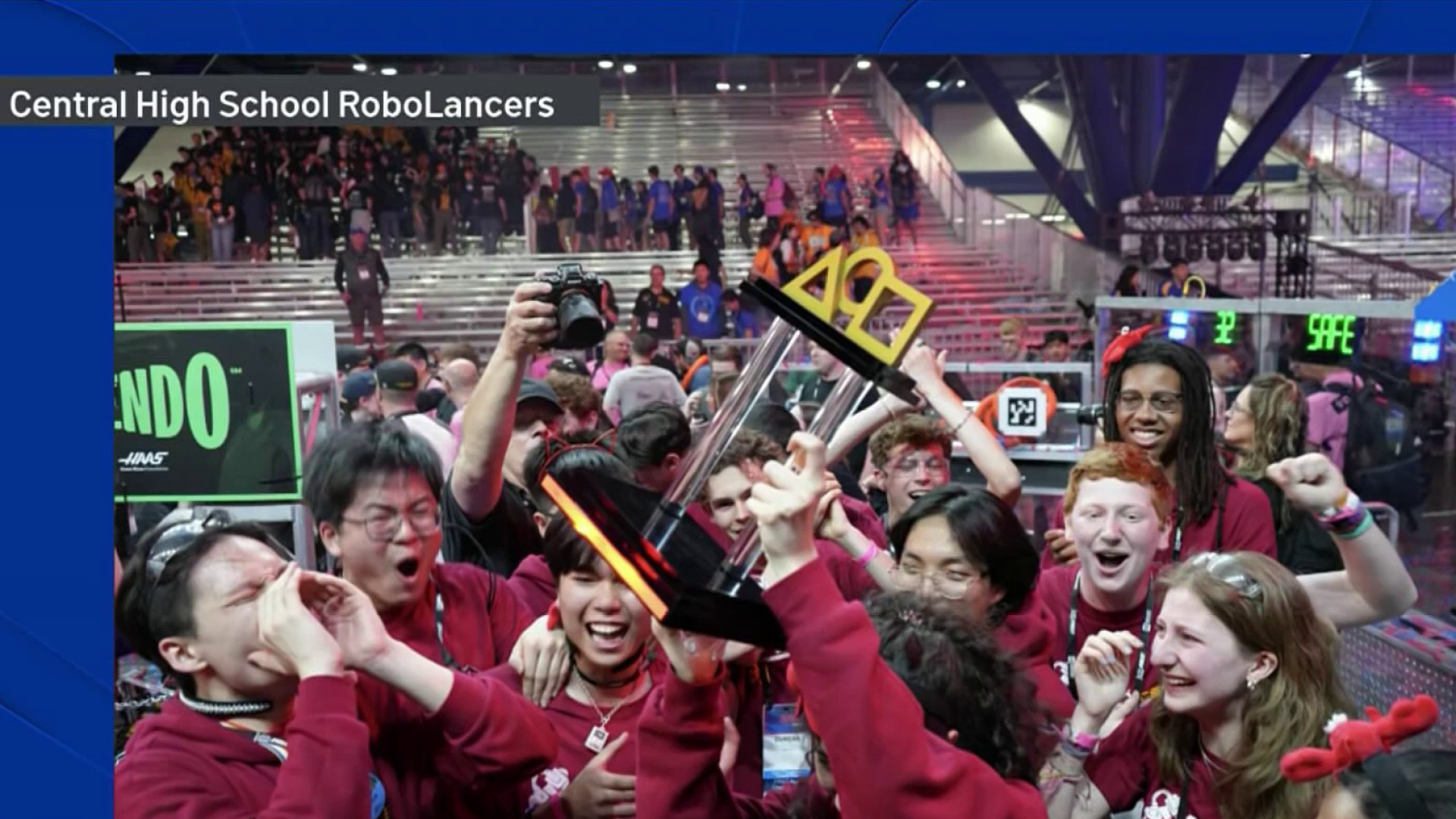Artificial intelligence is quickly becoming a part of daily life both at work and at home.
**Queue The Jetsons theme song.**
The classic animated sitcom from the 1960s predicted how humans might be living in the year 2062.
While some of the cartoon’s more fantastical inventions may still be light years away, many are already here, like vacuuming robots and virtual reality video games. And much of that technology is powered by versions of artificial intelligence -- whether people using them realize it or not.
Get Philly local news, weather forecasts, sports and entertainment stories to your inbox. Sign up for NBC Philadelphia newsletters.
Only about a quarter of Americans say they interact daily with AI, while nearly 30 percent “think” they use the technology once a day or at least several times a week, according to a recent Pew Research Center study.
In reality, AI is likely already being used in many households when they turn off the lights, play a Sunday Funday playlist or look up a recipe idea because Amazon’s Alexa, Google’s Nest and Apple’s Siri all use a form of artificial intelligence.
Alexa – which can control many household items from smart speakers to lights and thermostats – uses a predictive model of AI, rather than the generative model that powers platforms like ChatGPT.
And yes, there’s a difference between the two.
Generative AI bots are capable of creating new content like images, video and text.
Predictive AI platforms analyze past data to make accurate predictions such as creating personalized experiences for users.
Example: “Alexa, play my favorite country music playlist.”
Some big companies want to soon merge the two forms to step up how their products help run your house.
Rohit Prasad, Amazon senior vice president and Alexa head scientist, told CNBC that the company is working to make the device more conversational and smarter by using more “large language models,” which power Alexa and other popular generative AI tools.
Face ID, smart home devices and even Google searches are all forms of AI being used every day.
But how is the technology being woven – sometimes unknowingly – into households?
This article is part of a series, AI Does…What!? Tools That Can Already Change Our Lives.
Everyone is Talking (And Posting) About AI
Bill Gates recently proclaimed that the age of AI has begun and “it will change the way people work, learn, travel, get health care and communicate with each other.”
And it has, already.
OpenAI, the tech startup that launched ChatGPT, reached 100 million users at an unprecedented rate, pushing AI to the forefront of the national conversation.
On the giant town square that is social media, that buzz is quickly driving people to new AI-driven ways to manage their home.
Hassan El Mghari created RoomGPT among several other AI tools. RoomGPT is a generative AI tool that can help redesign rooms after a user uploads a photo to the platform. The tool then "redecorates" based on a theme the user selects.
The tool recently hit 3 million visitors and 1 million registered users after going viral on Instagram, TikTok, YouTube and LinkedIn.
“I still remember that one of the Instagram Reels that someone made got like four millions views and so that drove a ton of traffic to the website,” El Mghari, a Philadelphia native, recalled.
What Are Some Other Popular AI Tools at Homes or For Them?
Big companies and indie developers alike have also improved or rolled out new AI tools that claim to help manage home life easier.
Cleo, an AI-powered chatbot and budgeting app, allows users to connect their bank account to the app to help create budgets and through (sometimes hilariously) generative text conversations.
The app promises to help users allocate money wisely to meet savings goals.
Similar to ChatGPT and RoomGPT’s viral successes, social media influencers also helped to spread the word of Cleo.
Let’s Foodie's AI Recipe Generator is one of several AI-powered chatbots that creates recipes based on items people have in their refrigerators. While Let's Foodie's version – and many others – lets users list what they have on hand for dinner planning, other web applications like MoodFood claims to be able to generate recipes with a photo from the fridge.
Tools similar to RoomGPT:
Tools similar to AI Recipe Generator:
Tools similar to Cleo:


